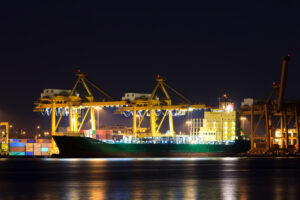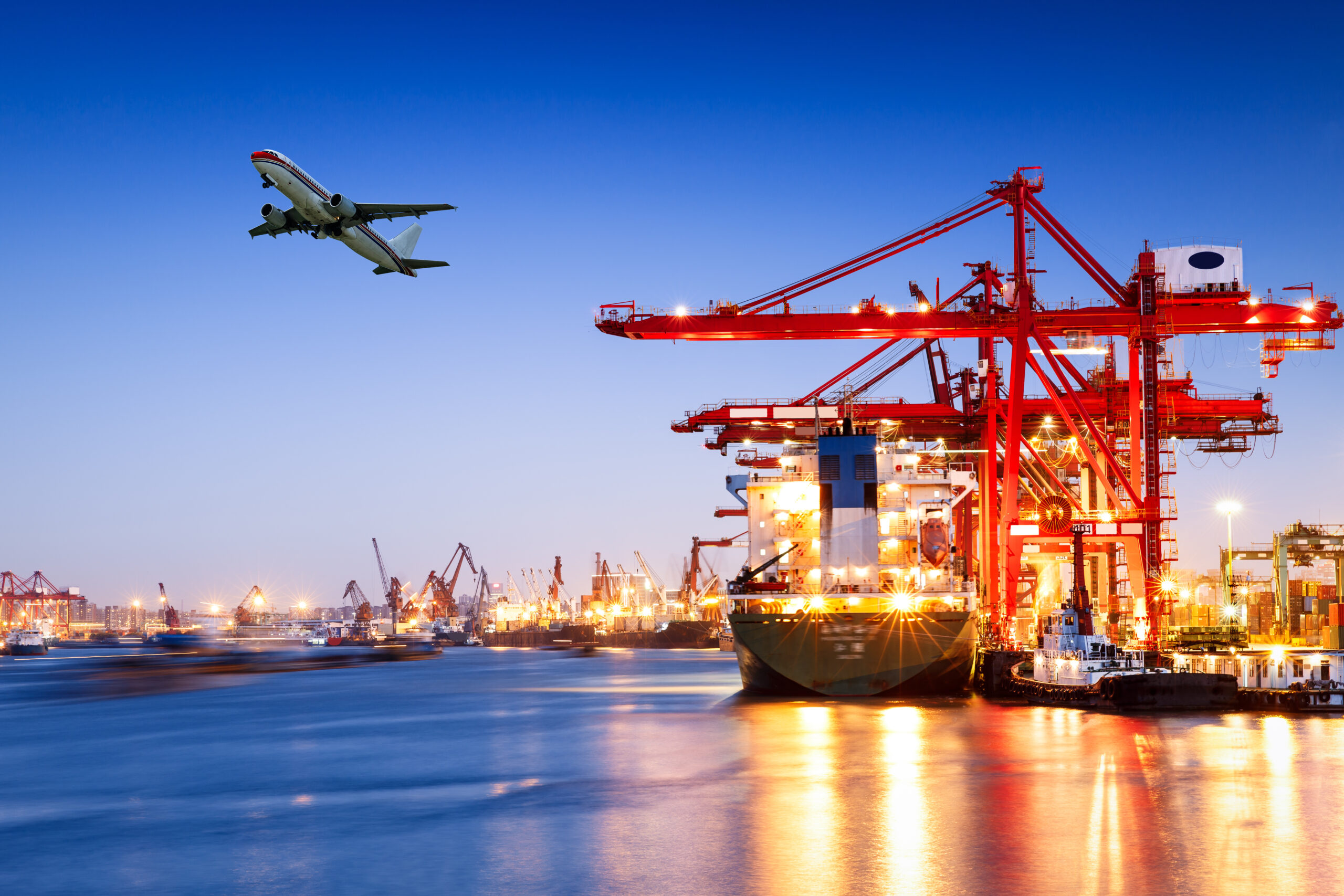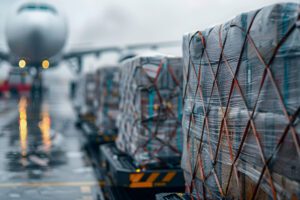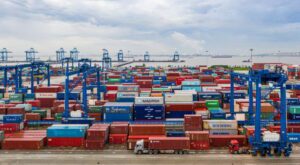Triangular trade is a form of foreign trade that essentially involves three parties: the original exporter, an intermediary (such as a trading company or commercial exporter) and the final importer. In this model, the trading company located in country A initially buys from country B and then resells to country C, without the goods physically passing through country A. With proper planning, all parties involved not only make the desired profit, but also enjoy the advantages of the triangular operation, as we’ll see below.
Understanding Triangular Imports
One of the main advantages of this operation is the optimization of shipping costs and time. This is because one of the many objectives of a trading company is to connect demand and supply in different countries. Imagine the complexity and cost of an operation that involves importing from country B to A and then exporting from country A to C. The triangular operation eliminates the need for a second shipment, reducing transportation costs, tariffs and taxes in the intermediate country. In addition, transit time is shorter, which can be crucial for products with high demand and tight deadlines. Another significant benefit is flexibility and market expansion. Triangular operation allows companies to access markets that would otherwise be difficult to penetrate due to trade barriers, regulations, costs and credit difficulties. This strategy makes it possible to operate globally with a leaner, more focused structure.

Example of a Triangular Import Operation
To illustrate, consider the following example: a Brazilian company wants to import electronics from a factory in China. However, the end customer may not have direct access to the supplier, face credit problems or lack the expertise to negotiate the best terms. In this case, they turn to a trading company located in a third country, such as the Netherlands. The Dutch company manages the entire operation, allowing the cargo to go directly from China to Brazil. Its functions include providing the necessary documentation, dealing with customs and tax issues and, depending on the negotiation, quoting international freight, national freight and insurance. In this type of operation, transparency and communication between the parties are key to success. It is essential to draw up contracts carefully, specifying the responsibilities of each party, such as payment terms, delivery and insurance. In addition, the trading company must have in-depth knowledge of trade and customs regulations and legislation in the country of origin and destination. Triangular operations bring many advantages, but require efficient planning and management.
What can go wrong with a triangular shipment?
The main problems in triangular operations are related to documentation and regulatory compliance. Each country has its own set of rules for nationalizing cargo, including tariffs, taxes and documentation requirements. Errors or omissions in the documentation can lead to delays, fines, seizure of the goods and even make the operation unfeasible. Another significant risk is financial, as these operations can involve different currencies, requiring strategies to protect against exchange rate fluctuations. In addition, there is the risk of default, which requires the use of credit insurance policies or more secure payment terms. The contract is also a crucial pillar. In triangular operations, there may be two separate contracts: one between the intermediary and the supplier and another between the intermediary and the end customer. This requires financial, legal and fiscal support to ensure a successful operation.
Tips for Successful Triangular Imports
- Know the Regulations: Get a thorough understanding of the customs rules, tariffs and legal requirements of all the countries involved.
- Establish Clear Communication with the Customs Broker: This professional will be responsible for clearing the cargo and can help with country-specific particularities.
- Don’t Give Up Cargo Insurance: International insurance protects against accidental loss, theft or natural disasters, as well as facilitating the release of credits and advance payments.
- Ensure Quality Control: Request visual records of the shipment and, if possible, hire companies specializing in quality certification to ensure that the product meets the end customer’s requirements.
- Plan with caution: Errors in triangular operations generate significant costs. Anticipating risks and adopting mitigation strategies are crucial to success.
Línea Logistics takes care of your imports
With a team of experienced professionals, Línea Logistics is dedicated to safety and efficiency at every stage of your import. Our mission is to optimize costs and guarantee the integrity of your goods during international transport. Get in touch with us and find out how our customized solutions can meet your triangular import needs.



